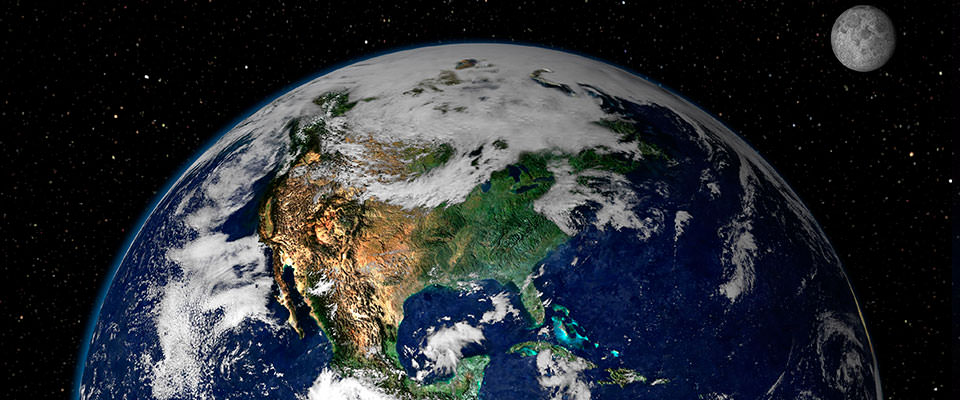
Long over are the days of believing that turning off lights and deciding what you wanted to eat before opening the refrigerator door meant you were saving the environment.
In 2019, the effects of climate change are being witnessed across the globe. Increased floods, droughts, heat waves and storms are irreversibly altering communities[1]. In some areas of the world, especially those that rely on small-scale agriculture, the impact of a changing climate is immediate and profound[2].
For many of us in Canada, the impact is felt in our economy. The job market changes. Immigration patterns shift. Proposed environmental protection policies polarize voters.
So what does caring about the environment look like in 2019? For many of us, it still means taking small and meaningful actions like reducing our reliance on grocery bags, single-use plastics like take-out containers and cutlery. It might mean making decisions to take public transit, use a bicycle or carpool when commuting. For some, it means reducing meat consumption or being more intentional on how we consume meat and dairy.
At Daily Bread, reducing waste has always been a major component of our business model. A huge amount of food in the retail food system is perfectly safe and edible but small packaging errors or minor blemishes make them unsuitable for the retail market. We divert this food from landfills and distribute them to people who are experiencing food insecurity and poverty. Last year, we partnered with over 15 farms for our Farm to Food Bank Program, to distribute ‘perfectly imperfect’ vegetables to high-priority communities across the city. In addition, we recently launched an internal recycling and energy efficiency program with the ambitious goal of reducing our carbon footprint by 30% in the next year.
As more and more people and industries make significant behavioral changes, the systems that support our habits must change too.
So perhaps caring about the environment today means preparing ourselves for change. In addition to taking steps to reduce our consumption and waste, it is time to start asking difficult questions and challenging ourselves to think outside of our bubbles. Luckily, there has never been a time when information and stories are more accessible. Our library system and local non-profits are teeming with lecture series, diverse speaker panels, workshops and story-telling events. And, for better or worse, the internet is at our fingertips.
Perhaps in a time of great flux and change, we can replace
some of our feelings of anxiety, helplessness and apathy with ones of creative curiosity.
Only when we start to ask different questions, can we find new solutions.
[1] https://www.c2es.org/content/extreme-weather-and-climate-change/